Uveitis (u-vee-I-tis) is a condition that causes inflammation inside the eye, specifically in a part called the uvea, which includes the iris (the colored part of your eye), the ciliary body, and the choroid. This inflammation can lead to discomfort, changes in vision, and if not treated early, more serious eye problems.
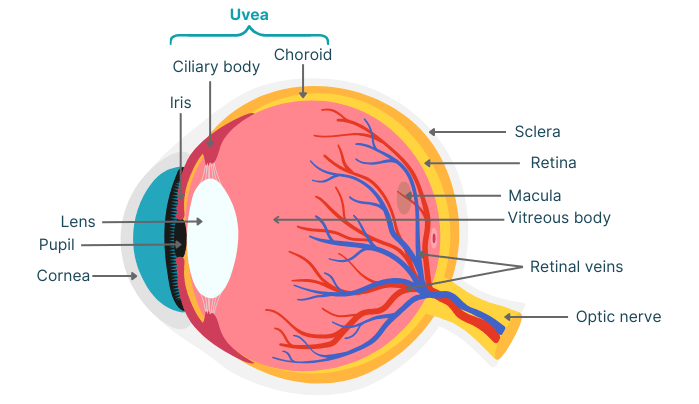
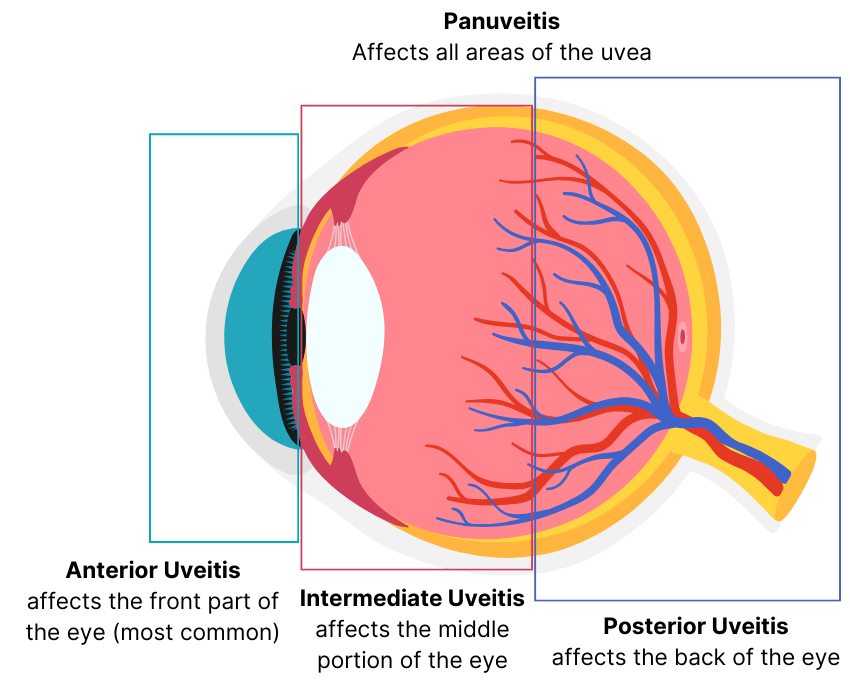

— such as rheumatoid arthritis and lupus

— such as sarcoidosis and inflammatory bowel disease

— such as herpes, syphilis or tuberculosis

— you are more likely to develop uveitis if it runs in your family
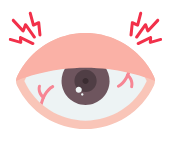
— such as getting objects or chemicals in your eye





If not diagnosed and treated early, uveitis can lead to serious and sometimes permanent damage to the eye. The risk of complications depends on the type, severity, and duration of the inflammation.
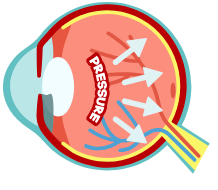
• Increased pressure inside the eye can develop due to inflammation or steroid treatment.
• Over time, this pressure can damage the optic nerve, leading to vision loss.
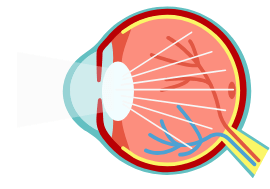
• Long-term inflammation
or the use of steroid
eye drops can lead to
clouding of the eye’s natural lens (cataract), causing blurry vision.

• Inflammation can lead to scarring or other retinal problems, and in severe cases, the retina may detach
from the back of the eye.
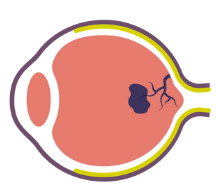
• Long-term inflammation or the use of steroid eye drops can lead to clouding of the eye’s natural lens (cataract), causing blurry vision.
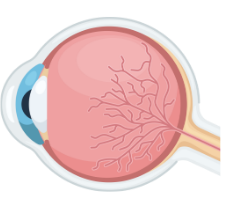
• This occurs when the iris sticks to the lens due to inflammation.
• Can lead to irregular pupil shape and increased eye pressure.

• Without proper management, chronic or severe uveitis can result in partial or complete loss of vision.

